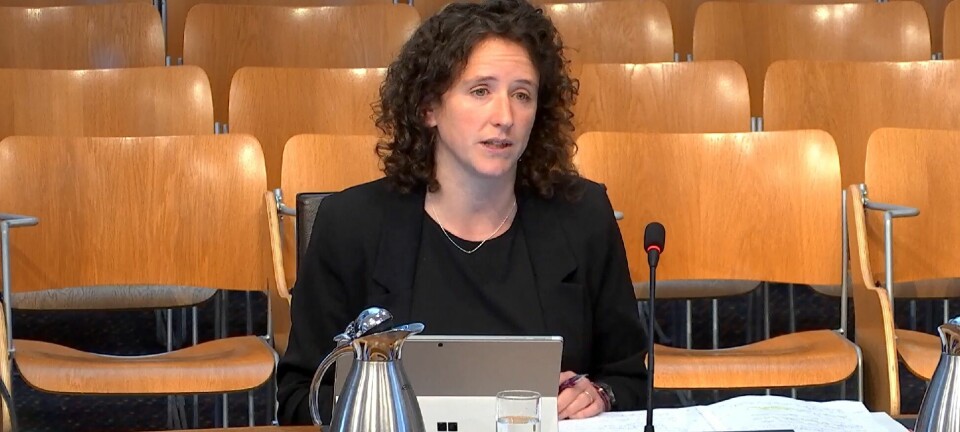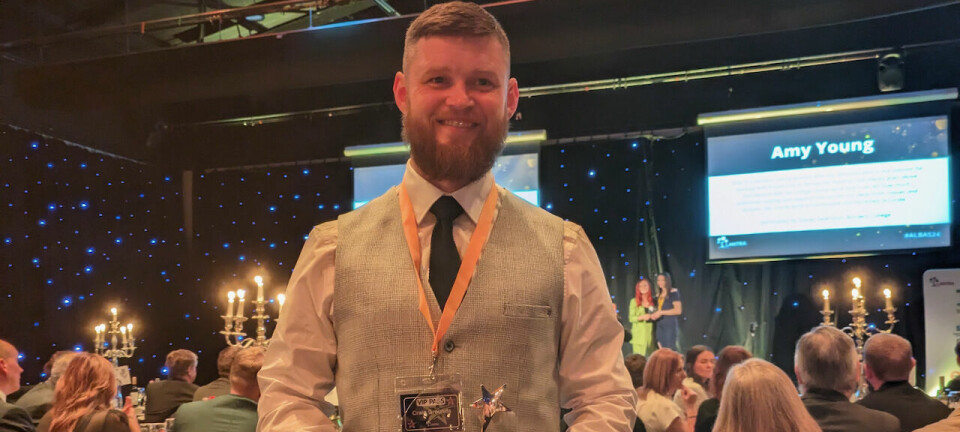
Don’t chicken out of using poultry products
Scotland’s salmon industry could slash its feed bills by £40 million a year if it was to include avian ingredients in its feed formulas, according to a leading fish nutritionist.
Professor Brent Glencross, who has recently joined the nutrition department at Stirling’s Institute of Aquaculture (IoA), believes that the Scottish industry’s unwillingness to use of poultry proteins in feeds needs to be overcome.
Speaking to Fish Farming Expert, he explained: “Poultry meal is more reliable that fishmeal, we need to get this into the UK system.
“There’s currently half a million tonnes of it produced in the UK each year and it either goes into the pet food industry or gets burnt in power stations – it’s a travesty.
He argues that it has been shown to be a safe ingredient too, and has rightly been given regulatory approval.
“It’s been approved by the EU and it’s been shown that no pathogens can be transferred from fish to chickens or vice versa.”
The cost benefits are also persuasive.
“Talk about low-hanging fruit, if it were included in salmon feeds it would lower feed costs by around 10% – which equates to a saving of about £40 million a year,” he observes.
He now intends to make it his mission to convert the industry to his way of thinking and, if the financial argument is insufficient on its own, his case should be strengthened by his impressive track record – both in academia and, crucially, in the feed industry too.
Indeed, his role prior to joining the IoA was as a Technical Manager in the Aqua-Feed Division of Ridley, and the Australian industry has successfully incorporated poultry products in aquafeeds for decades.
“It shouldn’t be more than a hand-holding exercise,” he continues, “all the information is out there, but it’s a question of convincing all the producers to take the next steps at the same time.”
If they do so, he believes, the British public shouldn’t take long to accept the change, especially if it leads to salmon being 10% cheaper.




















































